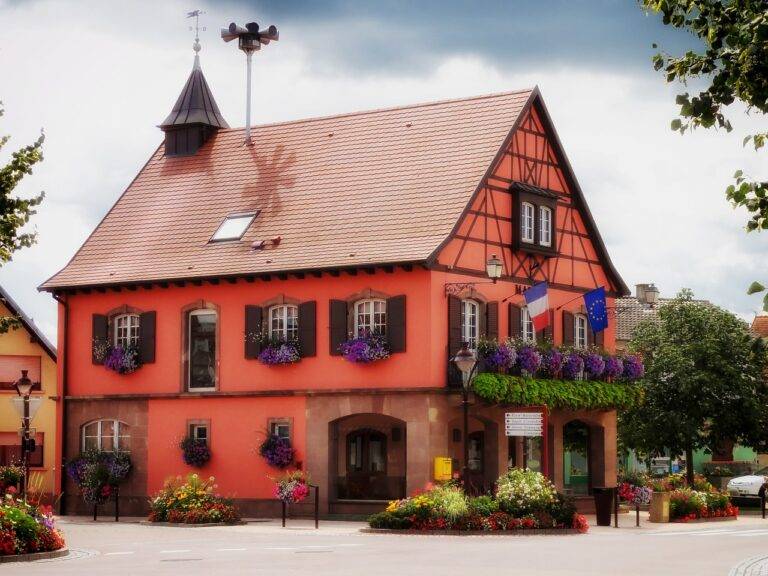The Role of Food in Cultural Identity: Preserving Culinary Traditions and Heritage Recipes: Betbook250, Anna 247 login, Yolo247 login app
betbook250, anna 247 login, yolo247 login app: Food plays a significant role in shaping cultural identity. It’s not just about nourishment; it’s about preserving culinary traditions and heritage recipes that have been passed down for generations. The flavors, ingredients, cooking techniques, and rituals associated with food can tell a story about a community’s history, values, and beliefs. In this blog post, we’ll explore the importance of food in cultural identity and how it can help us connect with our roots.
The Significance of Food in Cultural Identity
Food is more than just sustenance it is a powerful way to connect with our heritage and ancestors. Many cultures have specific dishes that are deeply rooted in tradition and are prepared using age-old recipes and techniques. These dishes serve as a link to the past, allowing us to connect with our cultural roots and ancestors.
Food also serves as a form of cultural expression. Different regions around the world have their own unique cuisines that reflect their history, geography, and available resources. For example, Asian cuisines often focus on rice and noodles due to the abundance of these ingredients in the region, while European cuisines may emphasize bread, cheese, and wine.
Preserving Culinary Traditions
As our world becomes more globalized, traditional culinary practices are at risk of being lost. Many younger generations are more inclined to eat fast food or convenience foods rather than traditional dishes that require time and effort to prepare. However, it’s essential to preserve these culinary traditions to ensure that our cultural heritage is not forgotten.
One way to preserve culinary traditions is by documenting and sharing family recipes. By writing down recipes and passing them on to future generations, we can ensure that traditional dishes continue to be enjoyed for years to come. In addition, cooking traditional meals together as a family can help younger generations learn about their cultural heritage and foster a sense of pride in their identity.
Another way to preserve culinary traditions is by supporting local farmers and producers. By purchasing ingredients from local sources, we can help preserve traditional farming practices and ensure that traditional foods continue to be produced and enjoyed. Additionally, attending food festivals and cultural events can help celebrate and preserve traditional dishes and cooking techniques.
The Role of Food in Cultural Identity
Food plays a crucial role in shaping our cultural identity. By preserving culinary traditions and heritage recipes, we can connect with our roots, celebrate our heritage, and pass down our cultural identity to future generations. So next time you sit down to enjoy a traditional meal, take a moment to appreciate the history, culture, and traditions that are embedded in each bite.
FAQs
Q: How can I learn more about traditional recipes from different cultures?
A: One way to learn more about traditional recipes is by attending cooking classes or workshops that focus on specific cuisines. You can also reach out to members of different communities and ask them to share their family recipes with you.
Q: Why is it important to preserve culinary traditions?
A: Preserving culinary traditions helps us connect with our cultural heritage, celebrate our identity, and pass down important traditions to future generations. It also allows us to appreciate the history, values, and beliefs that are embedded in traditional dishes.
Q: How can I support local farmers and producers?
A: You can support local farmers and producers by shopping at farmer’s markets, buying directly from farms, and joining community-supported agriculture (CSA) programs. By purchasing ingredients from local sources, you can help preserve traditional farming practices and support the local economy.







